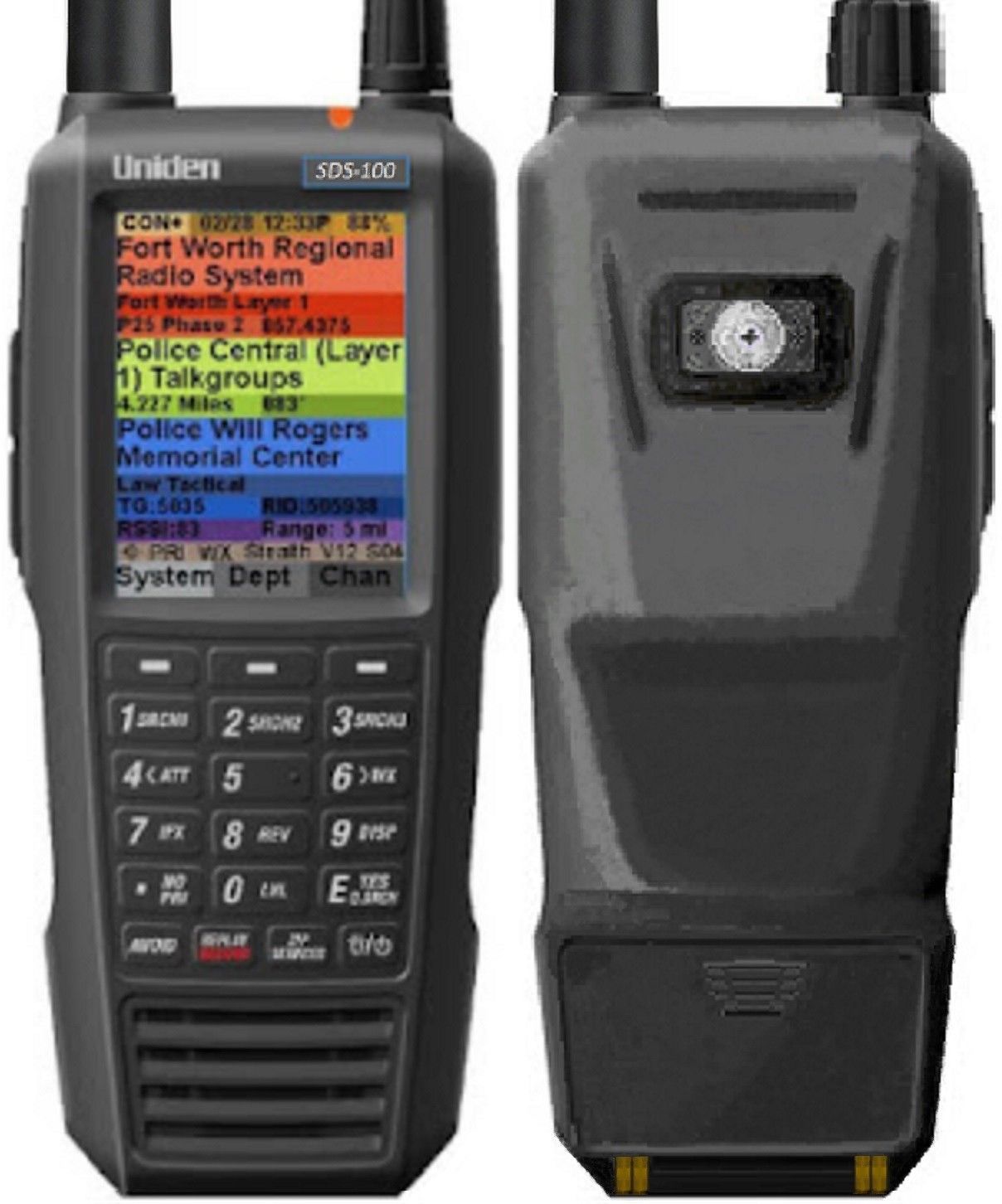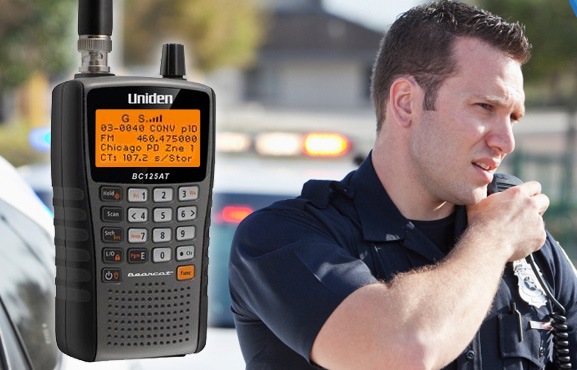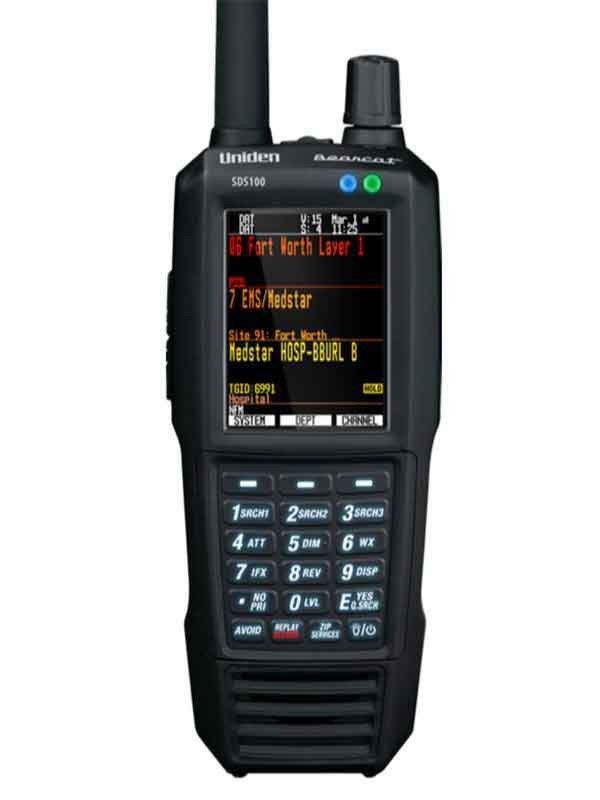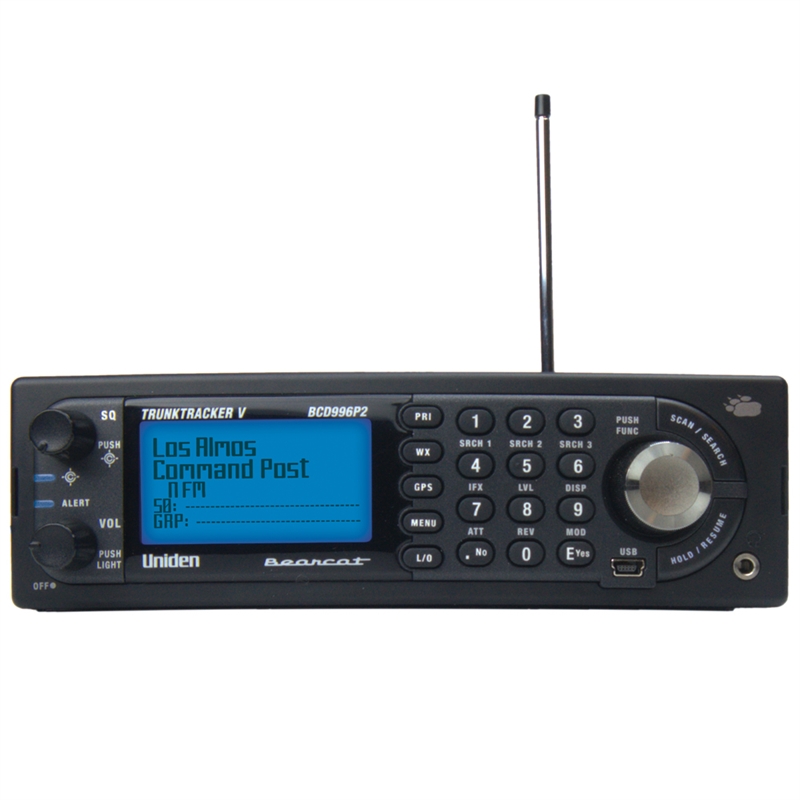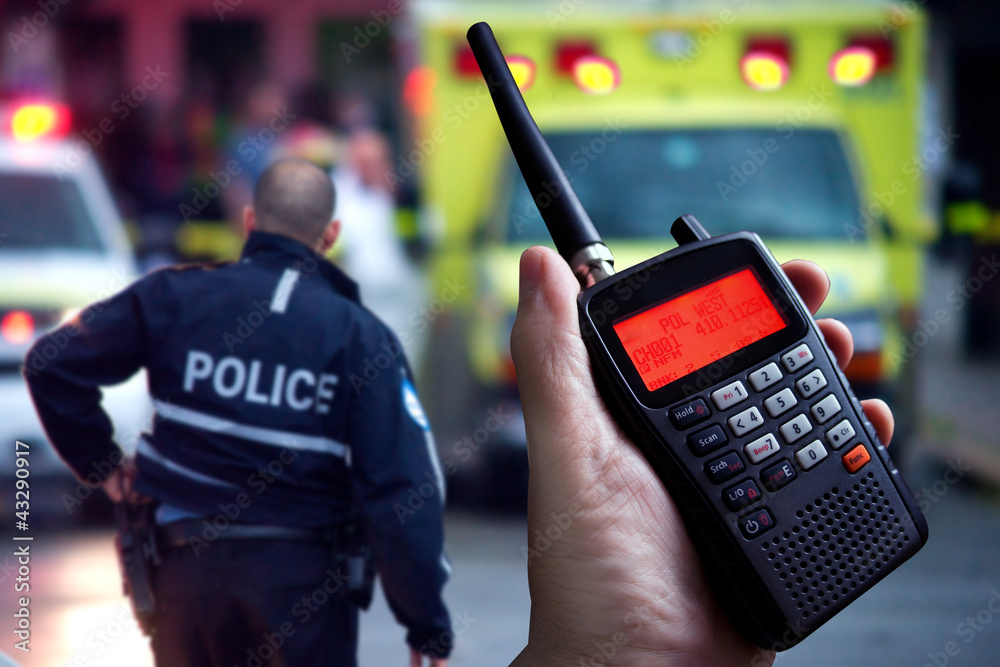Can You Own A Police Scanner

The crackle of static, the clipped tones of dispatchers, and the coded language of law enforcement – for some, it's a captivating glimpse into the front lines of public safety. But possessing the technology to eavesdrop on these communications raises a fundamental question: Can you legally own a police scanner? The answer, like the airwaves themselves, is often filled with static, varying widely based on location and specific circumstances.
This article delves into the complex legal landscape surrounding police scanners, examining federal regulations, state laws, and local ordinances that govern their ownership and use. It explores the historical context of scanner technology, its modern iterations, and the ongoing debate between public access to information and the need to protect sensitive law enforcement operations. We will also consider the ethical considerations and potential ramifications of scanner ownership, providing a comprehensive overview for anyone considering acquiring this technology.
The Legality Landscape: A Patchwork of Regulations
The legality of owning a police scanner isn't a simple yes or no proposition. Federal law, primarily through the Communications Act of 1934 and subsequent amendments, provides a baseline, but state and local laws often add layers of complexity.
Federal Laws: The Foundation
At the federal level, the ownership of a radio scanner is generally legal. The Electronic Communications Privacy Act of 1986 (ECPA) does, however, prohibit the interception and intentional disclosure of cellular telephone communications. This effectively means that listening to cellphone conversations on a scanner is illegal.
Furthermore, the Wireless Telephone Protection Act of 1998 made it unlawful to modify scanners to receive cellular frequencies. These federal laws primarily address the interception of specific types of communications, rather than scanner ownership itself.
State and Local Variations: The Quagmire
While federal law permits scanner ownership, many states and localities have enacted their own restrictions. Some states prohibit the use of scanners while committing a crime, a restriction that seems self-evident. But other laws are more nuanced.
For example, some states restrict the use of scanners in vehicles. The reasoning often cited is that scanners could be used to impede law enforcement or to gain an unfair advantage while committing a crime. Specific restrictions vary – some states prohibit the use of scanners while committing any crime, while others may specifically mention avoiding traffic stops.
"The key is to check your state and local laws," advises legal expert Sarah Miller. "What is permitted in one jurisdiction may be strictly prohibited in another. Ignorance of the law is no excuse."
Specific Prohibitions and Restrictions
Beyond general ownership, certain activities involving scanners are almost universally illegal. These include using a scanner to aid in the commission of a crime, interfering with law enforcement operations, or transmitting intercepted communications without authorization. These actions can result in serious penalties, including fines and imprisonment.
It's also important to be aware of restrictions related to listening to encrypted communications. Law enforcement agencies are increasingly using encryption to protect sensitive information. While it might be technically possible to decrypt these communications in some cases, doing so is generally illegal under federal law.
Ethical Considerations and Responsible Use
Even if scanner ownership is legal in your area, ethical considerations should guide your use of this technology. Law enforcement agencies rely on secure communications to protect public safety and conduct investigations effectively.
Disseminating information obtained from a scanner could compromise ongoing investigations, endanger officers, or violate the privacy of individuals. Responsible scanner users avoid sharing sensitive information or interfering with law enforcement operations. Remember that even passively listening can have unforeseen consequences if you are not careful with the information you learn.
The Evolution of Scanner Technology and Its Impact
Scanner technology has evolved significantly over the years. The analog scanners of the past have largely been replaced by digital scanners and software-defined radios (SDRs), capable of receiving a wider range of frequencies and decoding complex digital signals. This increased capability has raised concerns about the potential for misuse.
The rise of online scanner streams has also changed the landscape. Websites and apps allow anyone with an internet connection to listen to live feeds of police and fire communications. While many of these streams are operated by responsible hobbyists, they also raise concerns about data security and the potential for misuse of information.
The Debate: Public Access vs. Law Enforcement Security
The debate over scanner ownership and use reflects a fundamental tension between the public's right to access information and law enforcement's need to protect sensitive communications. Proponents of scanner access argue that it promotes transparency and accountability, allowing citizens to monitor police activity and ensure that law enforcement agencies are operating within the law.
Opponents, on the other hand, argue that scanner access can jeopardize officer safety, compromise investigations, and facilitate criminal activity. They argue that the potential harm outweighs the benefits of open access to police communications.
Looking Ahead: The Future of Scanner Laws
The legal landscape surrounding police scanners is likely to continue to evolve as technology advances and law enforcement agencies adopt new communication methods. As encryption becomes more widespread, the availability of unencrypted communications will decrease, potentially reducing the usefulness of scanners for some users.
However, the debate over public access and law enforcement security will likely persist, and new laws and regulations may be enacted to address emerging challenges. Individuals considering acquiring a police scanner should stay informed about the latest legal developments in their area and use the technology responsibly and ethically.
Ultimately, responsible scanner ownership is about balancing the right to access information with the need to protect public safety and respect the privacy of others. Staying informed and acting ethically are essential for ensuring that this technology is used in a way that benefits society as a whole.

